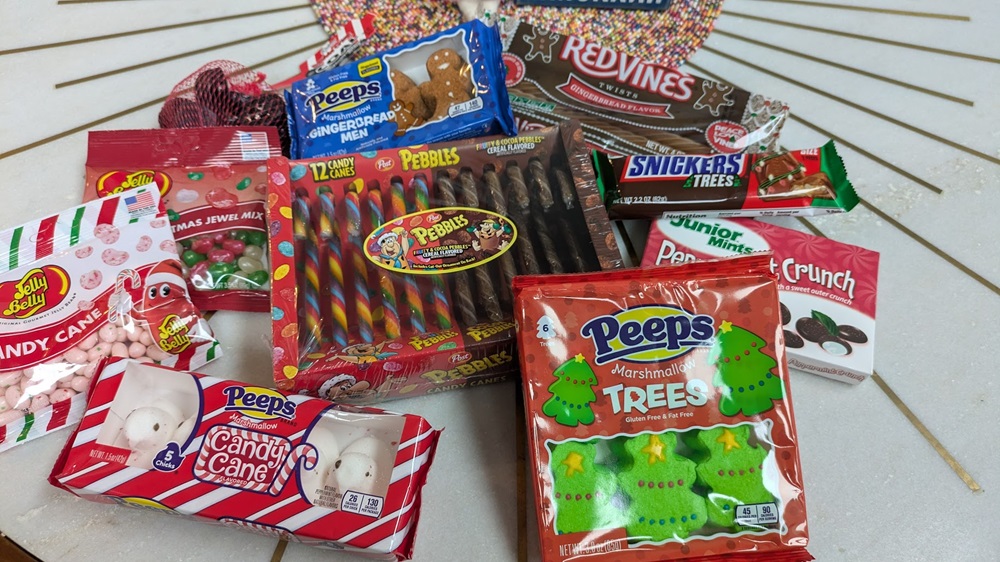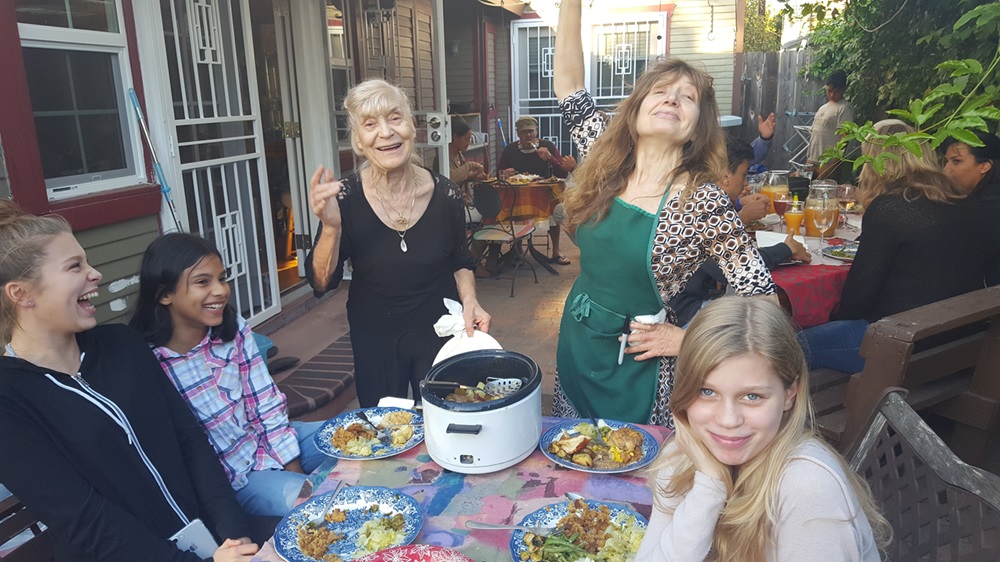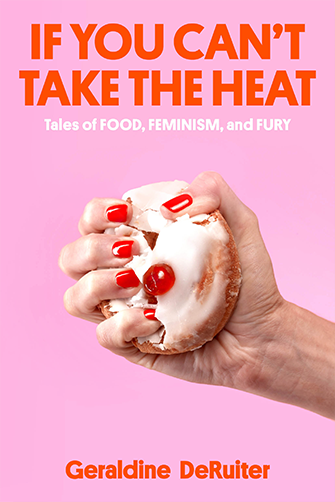My Editor Answers Your Publishing Questions
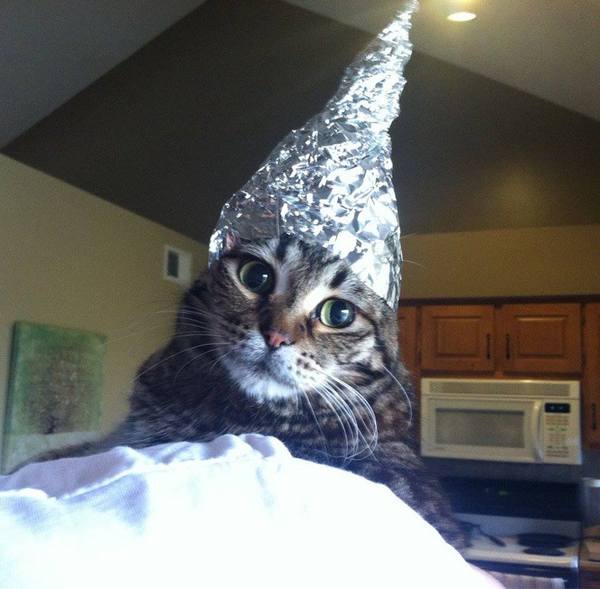
The problem with blogging, besides the fact that it is not at all lucrative and that anonymous people regularly tell you that they hope you die because you dyed a gallon of milk pink, is that it can be a very solitary process. Spending every day in front of a computer in your pjs and a bathroom robe, decorated with the crumbs from the tortilla chips that constituted breakfast (Vogue‘s must-have accessory for writers), can make the most well-adjusted of us a little odd.
And if you aren’t that well-adjusted to begin with? Well, spending your days blogging can send you straight into tin-foil-hat territory, wherein you watch episodes of The Bachelor at slow speeds, looking for symbolism that will eventually be the foundation of your new religion. (Note: the tenants of this religion are still unclear to me, but it involves dry-humping and candles.)
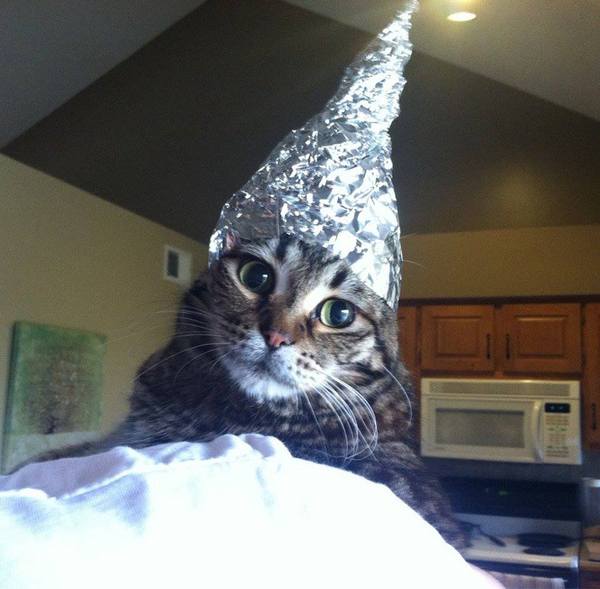
I found this on the internet. If you know the source, please tell me so I can propose marriage to them.
The point is: working alone as a writer for long stretches of time isn’t always the most mentally healthy thing you can do. And I’ve been doing it for almost a decade.
Which is why, after I sold my book, I was both terrified and delighted that I was going to be working with an editor. Colleen was the acquiring editor for my book, which means that she’s person at the publishing house who bought my manuscript, and she’s also the developmental editor, working with me to clean up and rework the entire thing. And while she approached me with the professionalism that one would expect from a successful person in publishing, I had all the subtlety of a castaway encountering another human for the first time in years.
The amazing thing about Colleen was that, even though we are about as radically different as two members of the same species can be (girlfriend looks like Amanda Peet, runs marathons, and is polite as fuck), she completely got my voice and understood the story I was trying to tell. She would subtly change a joke and make it infinitely funnier, she would rework paragraphs, she would push me in the direction that I needed to go. She made me kill a few darlings – which is something that I thought I had done in the past, but I was so wrong (if you as the author are willing to kill it, it’s not a darling). She sent me gifs of Daveed Diggs with the subject line “IMPORTANT EDITORIAL TYPE STUFF.”

She turned my manuscript into a book.
I emailed Colleen all. the. time. Even when she said things like, “Actually, you should be talking to someone else about that … like maybe your therapist?” I WOULD STILL KEEP EMAILING HER. And even now that my book is finished, I’m still bugging her. I asked her if she’d be willing to talk a little bit about what it’s like to work in publishing, and if she could lend her wisdom to aspiring writers out there, and she agreed. Please note that Colleen deals primarily with non-fiction memoir, so her answers pertain mostly to books in that genre.
–
Tell us a little bit about yourself! Obviously you’re an editor at Public Affairs – what does your work entail?
I am so lucky—I love my job. I grew up reading constantly and now I get to help make books? And at any given moment, I’ve got several books in various stages of publication, so while I’m deep into the edit on a book about Roman history, I’m attending jacket meetings for a hilarious memoir about getting lost and eating cake. It’s fun, exhausting and just the best.
(I see what you did there, Colleen – G)
–
What are your favorite genres to read?
Most people I know who edit nonfiction relish the opportunity to lose themselves in a novel in their spare time. I’m an odd bird in that I love nonfiction pretty much ALL the time. I think it’s because I’m an information sponge—I love learning about new subjects and cultivating a better understanding in those subjects I know something about. But I also love learning about people. One of my favorite genres to read for fun is memoir—whether it’s on the serious side, like Hillbilly Elegy, or the lighter side, like Bossypants by Tina Fey.
–
I know that for my book, my agent was the one to originally contact your imprint. Do you ever work directly with a writer?
I do sometimes work directly with writers. I’ll sometimes approach a writer I admire and gauge his or her interest in collaborating on a book project. Sometimes I have a book idea and try to pair that idea up with the writer I think would be a great fit. But this is fairly rare (and very time-intensive!). When I speak to writers who are unagented, I always advise that they try to sign with one. While it’s not impossible to get a book deal without an agent, I truly believe that a good agent can help in so many ways: they will help you focus your argument and craft your book proposal, they will use their previously cultivated relationships with editors to make sure the ones who receive your book proposal on submission are the ones who are most likely to be enthusiastic about it, and long term, they will serve as your advocate and adviser on all aspects of the publishing process. They are invaluable.
(Note from G: A lot of people have been asking whether or not you need an agent, and the consensus, from both my own experience and people throughout the industry, is a resounding yes. Even if an editor contacts you directly about a project, the publisher will still want you to have an agent, or at the very least a lawyer versed in literary contracts.)
–
What makes a manuscript stand out to you? What advice would you give an author who is trying to differentiate themselves in an already crowded space?
This varies depending on the subject area you’re publishing into (psychology, memoir, business, etc.). First, know your market. Spend lots of time on Amazon looking for books in the same vein as your own. Find a way to differentiate your book from the others in the space. Second, I’m sure you’ve heard it before but you’ll hear it now—platform, platform, platform! Before rushing out with your book proposal, spend some time cultivating an audience. Place some pieces online, get some early endorsements from others who have published successfully in this space, gather ye some Twitter followers. Having a base that is already excited to read your work will really help to get publishers excited about your book. Third, and this goes especially for things like memoirs and narrative, don’t be afraid of your own voice. Are you warm? Are you acerbic? Are you funny? Are you able to craft an entire chapter that’s ostensibly about poop but is actually about having a nuanced and rather beautiful relationship epiphany? (I’m looking at your, Geraldine). Point is, don’t self-edit—embrace your voice on the page and lean into it. It’ll be authentic and it’ll grab the attention of editors who will not only embrace the book, but be its champion through to publication day and beyond.
–
A lot of writers begin their careers as bloggers, and have online followings (coughs loudly while pointing to herself). I know that one publisher even asked me how many Instagram followers I had! But what if you don’t have a social media presence? Can you get published as an unknown?
You can, but you better be a god damned literary genius. I’m kidding (kind of). Think about it this way—if I’m a book publicist, and the author I’m working is totally unknown, it makes it so much harder to call The New York Times and convince them to read the galley and consider for a review. “Who is the author?” “Oh! Well, she is super into pub trivia.” “Ummm…” versus “Who is the author?” “Well, she wrote a great piece on Medium about the cultural influence of Daveed Diggs’ hair that was one of the most-read pieces last year.” There’s been a huge amount of democratization in the media, which does allow for writers without a traditional “platform” to find one, online especially.
–
When looking at the work of a new author, do you prefer to have an entire manuscript, or are a few chapters sufficient? Which do you prefer as an editor?
Again, as a nonfiction editor, we look at book proposals mostly, not full manuscripts. So I’m not sure this is relevant to me. But A proposal should be no fewer than 25 pages (and no more than 75) and include a sample chapter. It’s really important for me to see how well you can craft a narrative, no matter how awesome your platform.
–
If an author has self-published other books previously, do you hold that against them? Do you consider it a lack of respect for the industry?
Absolutely not. Self-publishing is a totally fine way to go. And if you sold lots of copies of that self-published book, brag about it! It matters. That means you have a built-in audience of people who have already read your work and will likely (hopefully!) want to read more of it. As a trade publishing house, we can help broaden that audience.
–
How long should an author wait before they resubmit their work?
I’d say don’t resubmit to the same editors unless they have already agreed to read a revised book proposal/manuscript. It’s frankly really annoying to get the same project submitted when you’ve already rejected it. That said, once you’ve revised, you (or your agent) should feel free to try other editors who haven’t yet seen it.
–
Do you need to be a writer in order to be an editor? Do you rely on your gut when editing? Or is the process more regimented?
I don’t think so. I’m asked often if I’ve ever wanted to write a book myself. The answer to that is a resounding “no.” I have incredible respect and deference for writers, which is why I choose to spend my life surrounded by and working with them! But where I think editors shine is that we have cultivated a skill (and, okay, maybe have a talent) for seeing the puzzle pieces of a book and helping the author put those pieces together—we help shape the narrative in both broad and surgical ways, we ask specific questions to get authors thinking about new directions in which to take their writing, and we ultimately act as your very first reader so you can fine-tune it before sending it out into the wide world.
–
Thanks so much for your time, Colleen. I’ll send you an email later today even though you’re probably sick of me. It’s going to be full of gifs.

